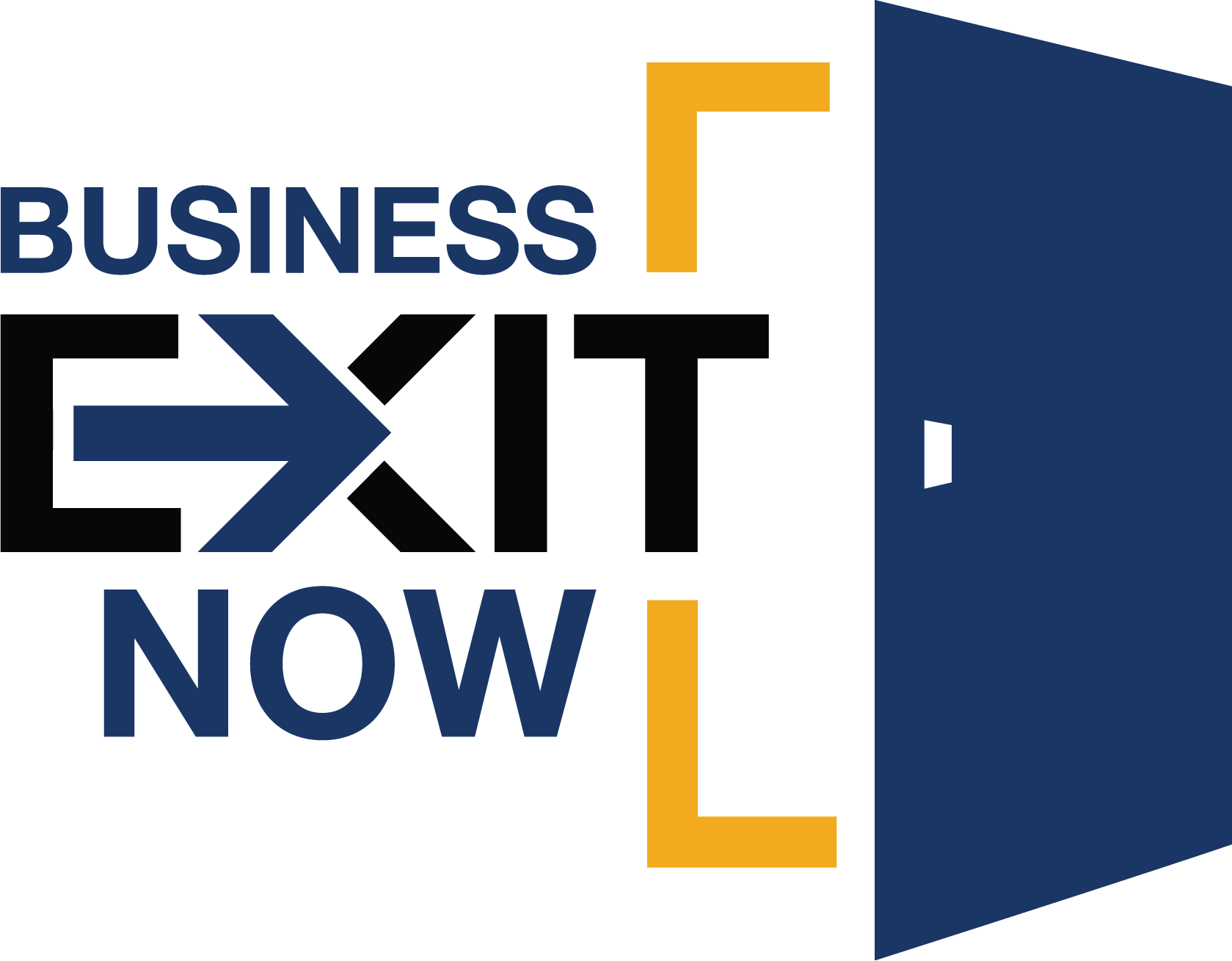It is safe to say that this year was full of surprises. Some businesses thrived, while in other areas jobs were lost, companies were forced to go under, and we even lost loved ones along the way. Many businesses were affected by the pandemic in some way or another. According to a survey conducted by the PNAS (Proceedings of the National Academy of Sciences of the United States of America), 43% of businesses temporarily closed, and nearly all of these closures were due to COVID-191.[1]
We also learned that many small businesses are financially or structurally fragile. Companies were often strapped for cash, even when they had access to temporary government stimulus funds.
Although we may not have been able to foresee and properly plan for this year’s business and family disruptions, there are a few lessons to be learned about planning for the future so that your business can be more flexible and tolerant to change. We saw that responding to tough situations can be a good way to showcase your creativity and motivation to stay on track.
Flexibility is Key
Major changes in the economy, your industry, or your health can happen quickly. Companies that have the ability to turn aspects of their business model and operations on and off more quickly can minimize negative impacts (or maximize positive impacts) of unexpected changes. Remember that it may not be enough to be prepared to change direction in your own mind. Communication with your employees can keep everyone moving together and smooth out rough spots if you have to change gears.
Having a strong and adaptable team and team leaders will also help with transitions. Industry changes happen often, and sometimes randomly, so having a team in place that is able to think on their feet and come up with creative improvements to the business can help your business thrive even in trying times.
Also, by leasing your equipment, vehicles, office space, and even employees, you can make your business more agile. Hiring contract labor or utilizing outsourced vendors can give you more freedom to make changes quickly. Think of it as adjusting dials in your business rather than locking yourself into fixed or inflexible investments.
Fire Drills Improve Outcomes
It can take valuable time to work through emergency or disaster scenarios, and it can be awkward to “practice” what you’ll do if faced with a major threat or disruption in your business. As awkward as it may seem, fire drills do work. When your team knows what the process is during an emergency or major change of events, they tend to act more calmly and make better decisions when an actual emergency does arise. Work through and document what you will do if:
- You lose your largest customer or contract.
- You lose your top executive or manager unexpectedly.
- Your distribution channels are disrupted.
- One or more components of your technology stack fails.
The more prepared you are for the unexpected, the better off your company and your employees will be. Don’t let them get thrown off by surprises. Have open communication about what they can expect if a major change happens.
A Belt and Suspenders Work Better
Planning for multiple solutions to a single problem is a good way to manage the impact of a disruption in your business (or in your life). Owners of closely-held businesses often have a lot of their wealth, and their family’s security, tied up in their business. However, the business is often illiquid, or its value may not be enough to support your family for an extended period of time. Owners who prepare for unwelcome changes might be able to use either a “belt” or some “suspenders” to hold up their family, such as:
- Investing in income-producing assets outside of the business.
- Reducing company debt (or at least removing yourself from personal guarantees for company debt).
- Maximizing opportunities for funding retirement through qualified retirement plans.
- Developing a “sinking fund” in the business.
Having some type of variation of solutions to any given problem can also ease the tension you or your family might have about the unknown future ahead of you. Preparation for the worst will only benefit the business down the road. You can truly never be too prepared.
We strive to help business owners identify and prioritize their objectives with respect to their business, their employees, and their family. If you are ready to talk about your goals for the future and get insights into how you might achieve those goals, we’d be happy to sit down and talk with you. Please feel free to contact us at your convenience.
